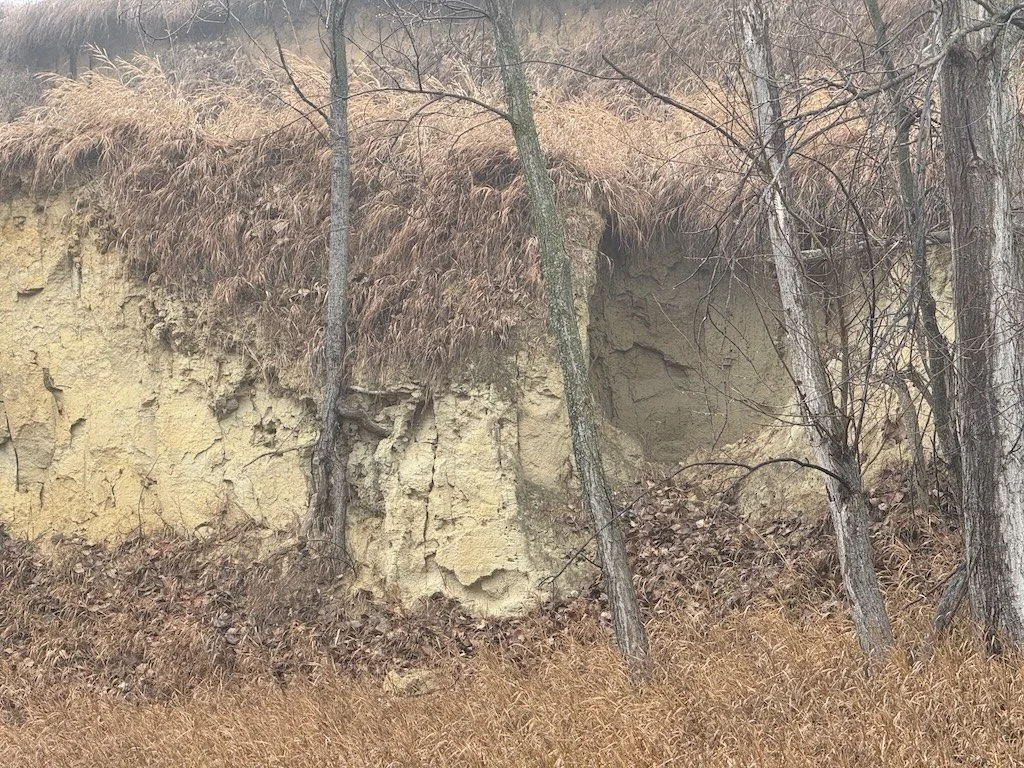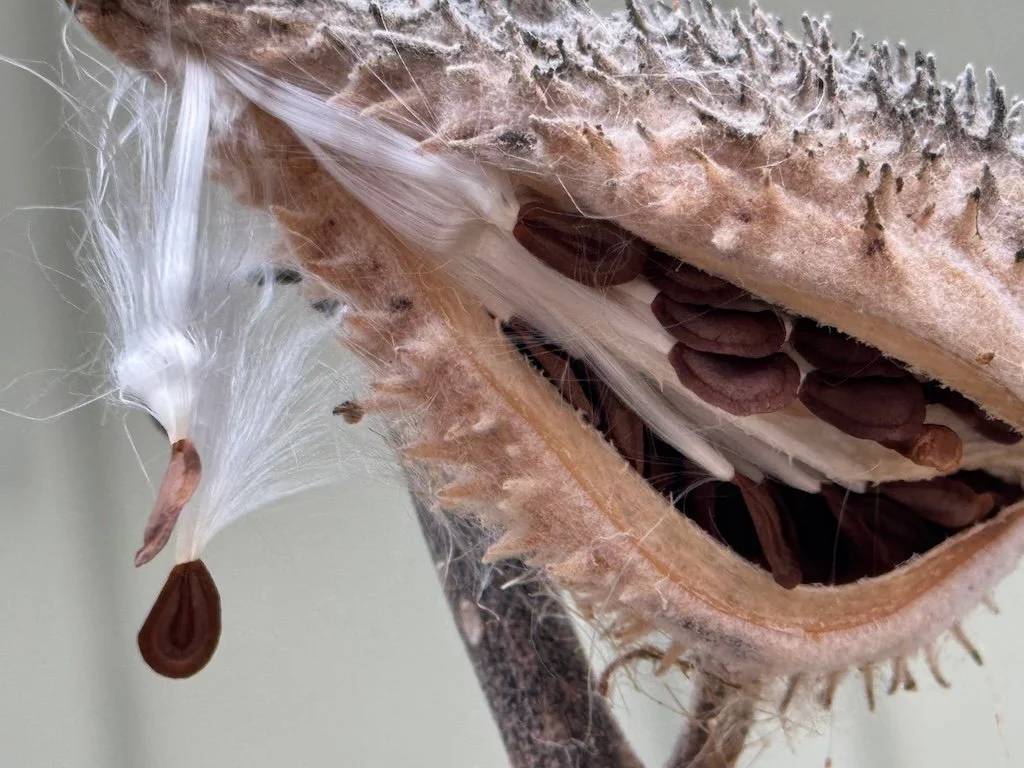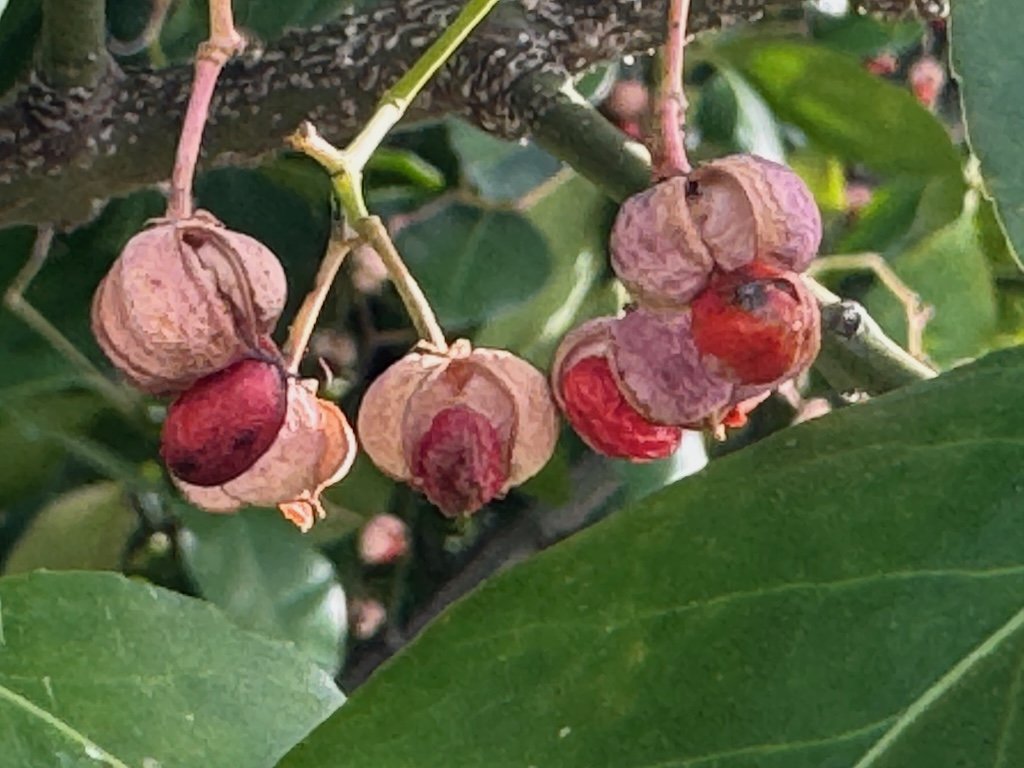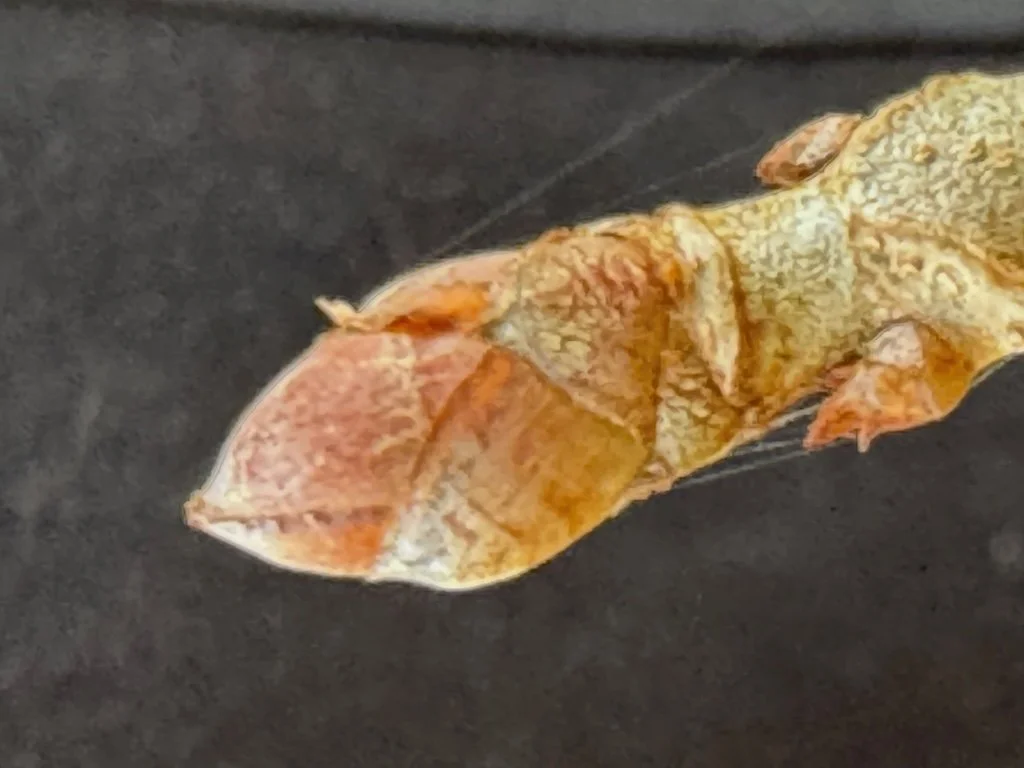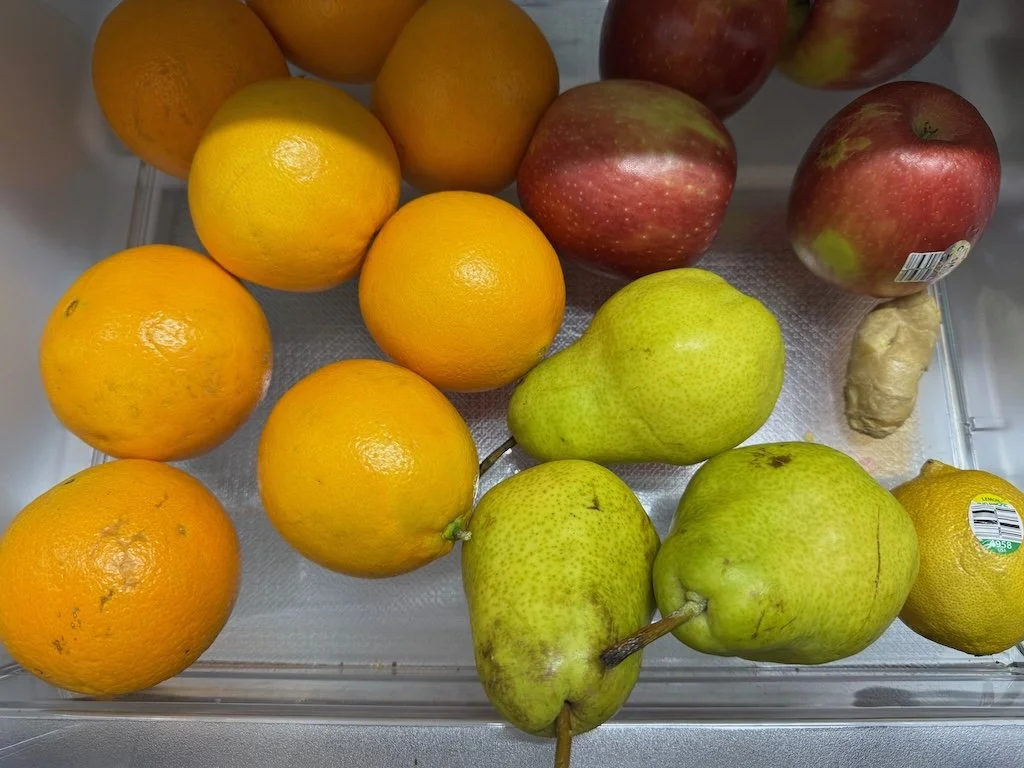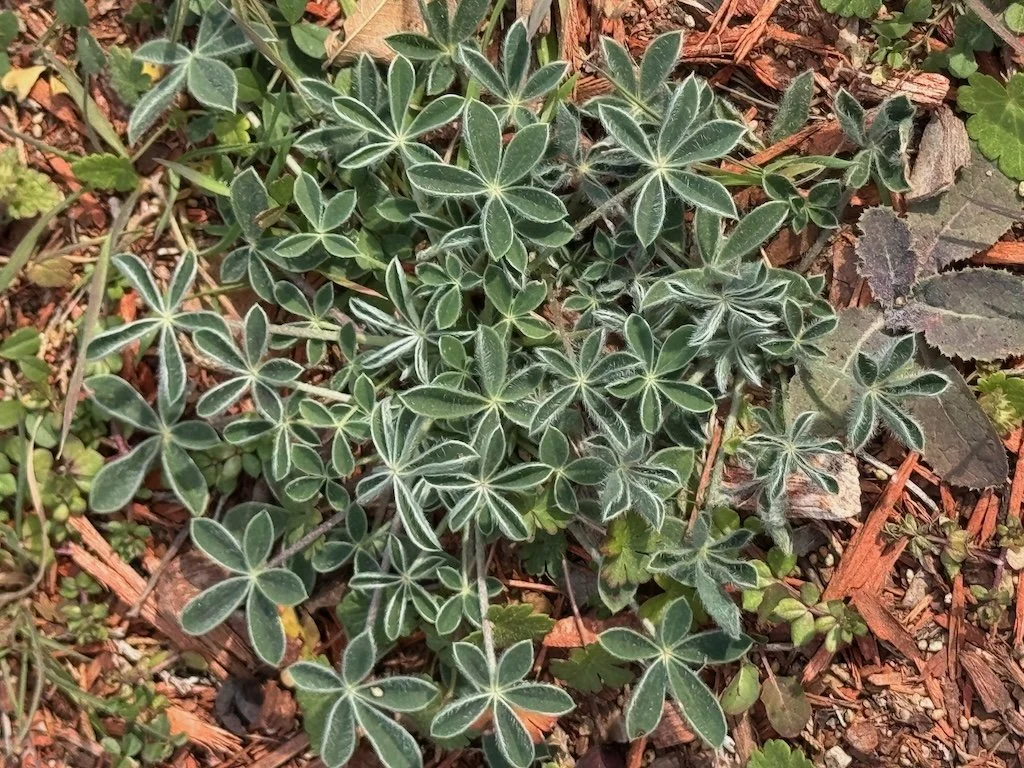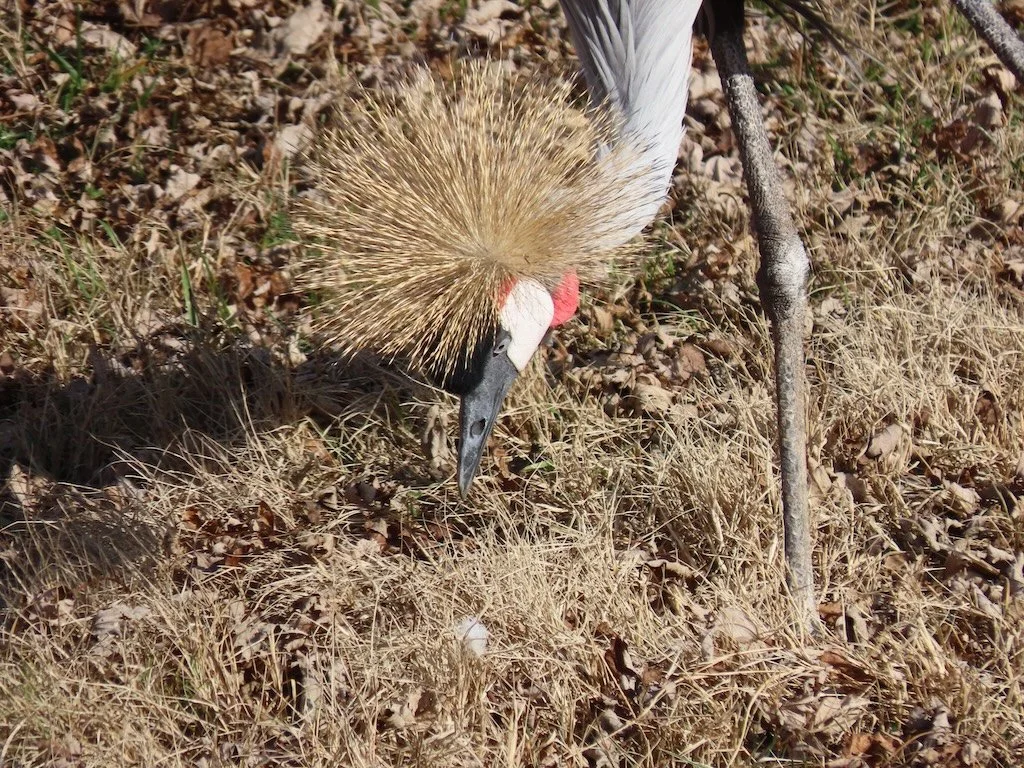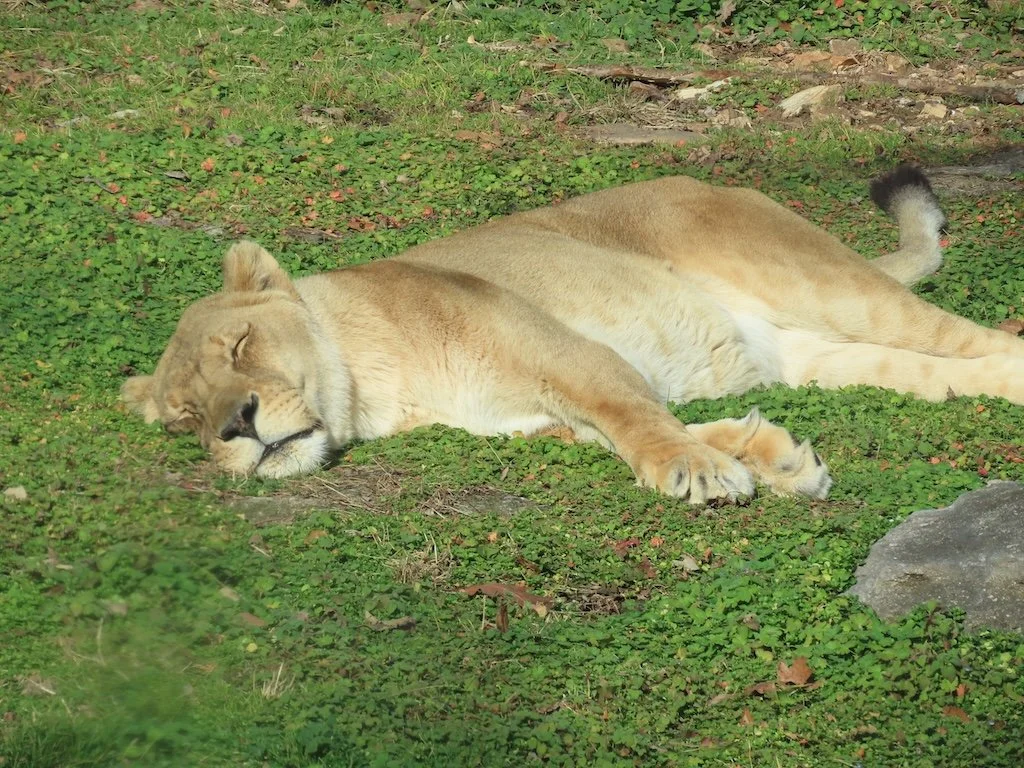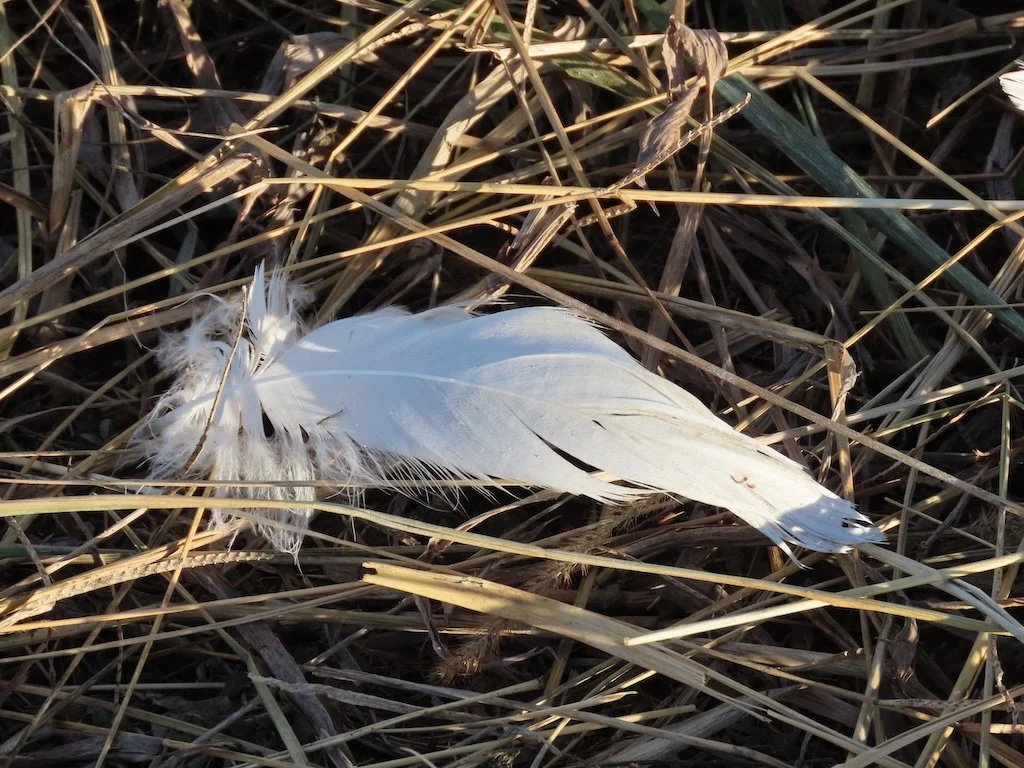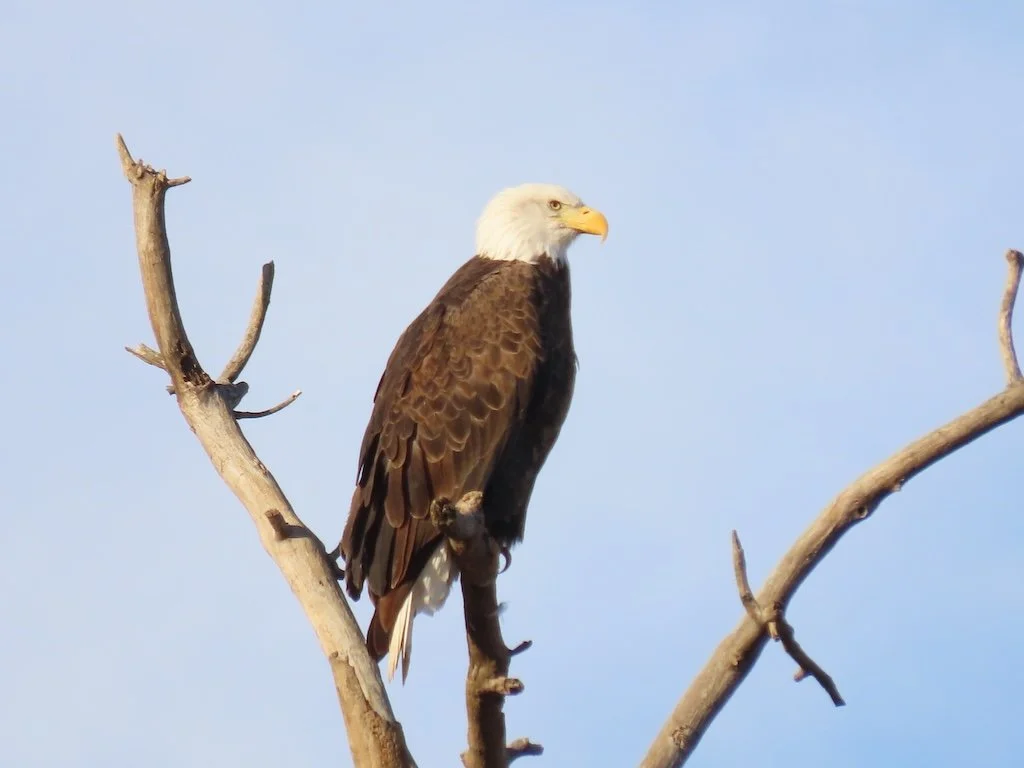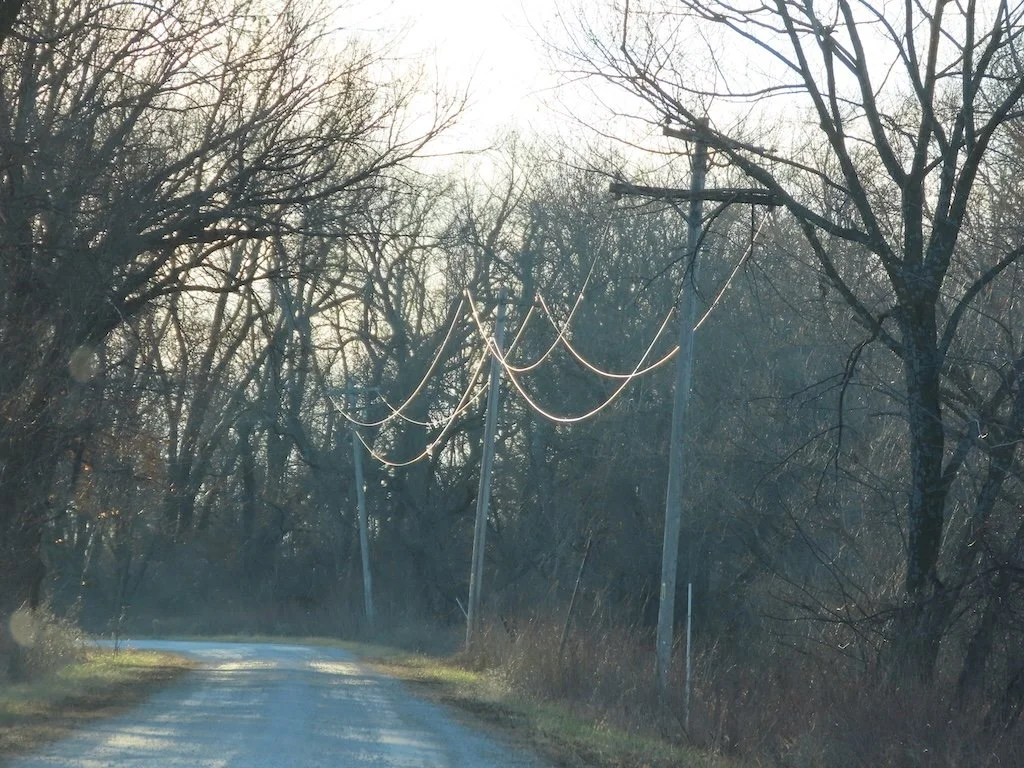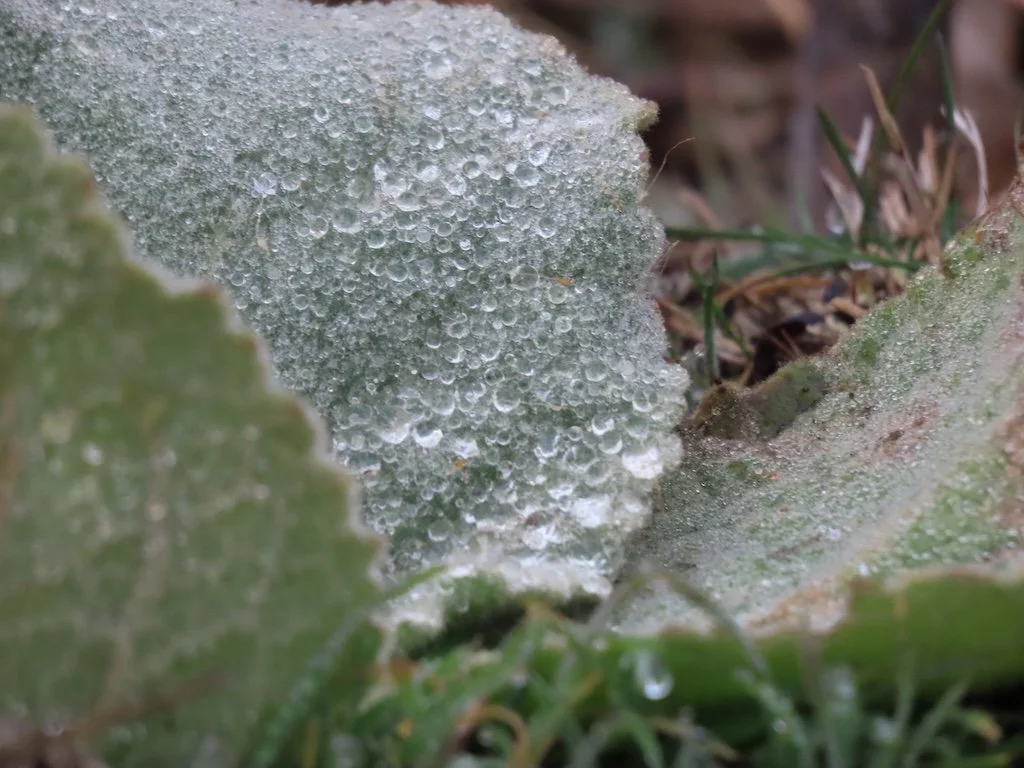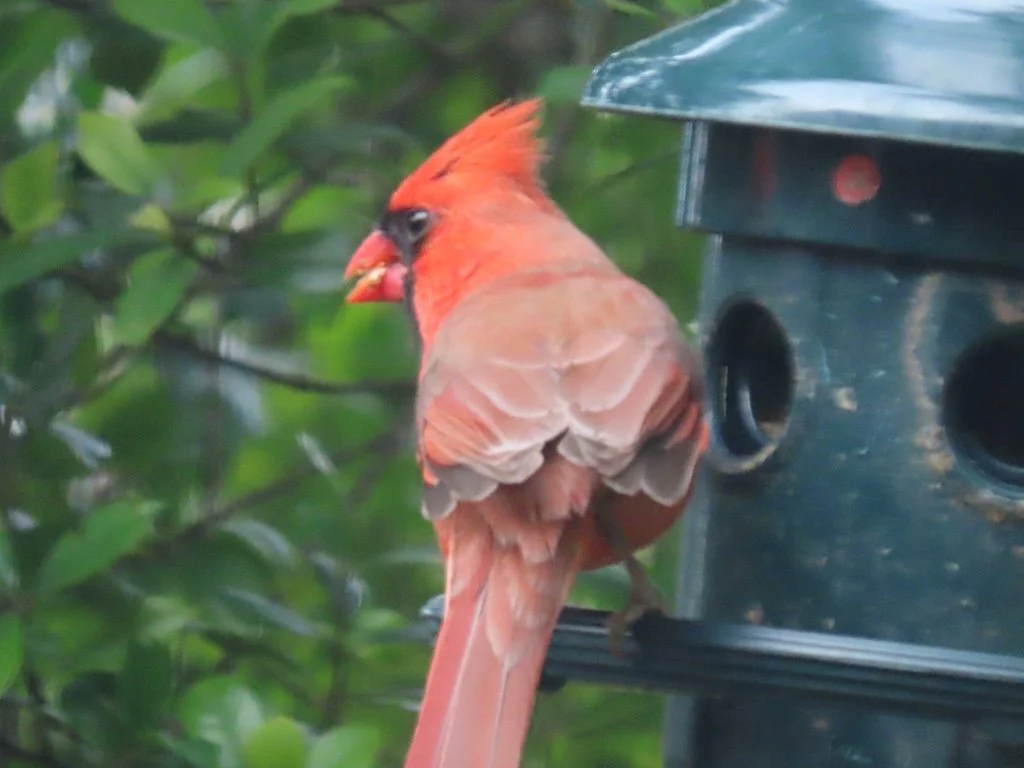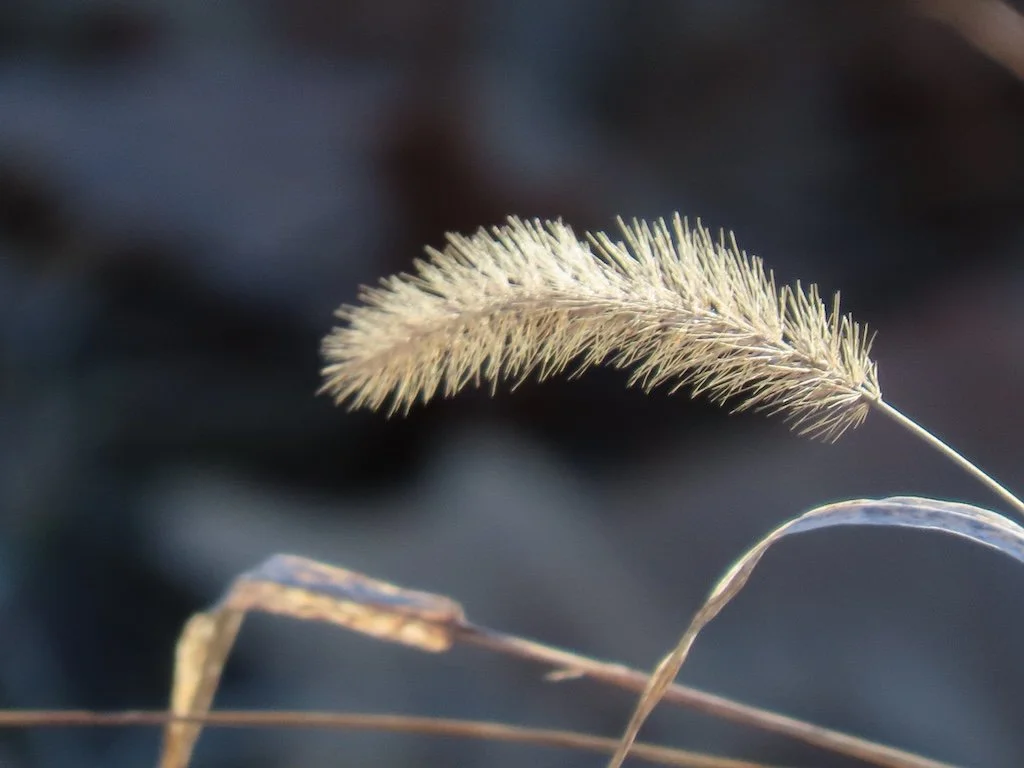Gleanings of the Week Ending March 18, 2023
/The items below were ‘the cream’ of the articles and websites I found this past week. Click on the light green text to look at the article.
A mixture of trees purifies urban air best – Conifers do a better job at gaseous components of pollution…and they do it all year round; this is particularly important since pollution can be at its highest in winter. Broadleaved trees are more efficient at cleaning the air particles, perhaps because of their larger surface area.
Once the Callery pear tree was landscapers’ favorite – now states are banning this invasive species and urging homeowners to cut it down – Back in the 1980s, the neighborhood I lived in organized to plant Branford pears along our streets. The neighborhood I moved to in the mid-1990s had mature Bradford pears; they were knocked down by Hurricane Isabel in 2003 (the trunk of the one in our neighbor’s yard broke close to the ground with a loud crack) and not re-planted. My neighborhood in Missouri was built in the late 1990s and there are some mature trees near the entrance.
Assessing the risk of excess folic acid intake – Too much or too little of a good thing (folic acid) may not be such a good thing.
School choice proposals rarely go before voters – and typically fail when they do – Public schools have been the backbone of American greatness. How do parents make choices to do otherwise? I suspect that sometimes a Charter School that looks great turns out to be something completely opposite because it is so difficult for individuals to gather enough information to evaluate a school. So - why are legislatures keen to support non-public schools?
The East Coast Whale Die-Offs: Unraveling the Causes – There have been headlines on this as a new challenge; this article includes some data collected so far. There have been periodic whale strandings earlier (back in 2016-2017) too. Almost all the carcasses this winter in New York and New Jersey had clear signs of vessel strike and many were juveniles. It appears that the feeding areas for whales have shifted due to warmer water and that shift has put them in areas with more ships (i.e., ports of New York, New Jersey, and Philadelphia).
Mary Wollstonecraft: an introduction to the mother of first-wave feminism – A little history…but not just about feminism. “Liberation from oppression means being able to define ourselves and the direction of our lives. And this requires access to the intellectual resources and knowledge needed to develop independence of mind. This is Wollstonecraft’s most important message, and one that should speak to everyone regardless of gender.”
Cornell Study Finds Solar Panels Help Crops Grow & Crops Help Solar Panels Last Longer – Not all crops can grow under solar panels but enough of them do (like tomatoes and soybeans) that there is no reason for solar panels to reduce farmland!
Global warming is changing Canada’s boreal forest and tundra – It’s complex. In general, as temperatures warm, trees will colonize further north…but not at uniform rates in all regions.
Greater gender equity helps both women and men live longer – The study looked at 156 countries between 2010 and 2021 to assess the gender gap in life expectancy around the globe. The three dimensions included in the study were political, economic, and educational. Of the three, education has the strongest association with longer life expectancy. The study authors summarize: “the evidence demonstrates that enhancing women's representation across multiple sectors contributes to wealthier and, hence, healthier societies for all."
Less Than 1 Percent of People Globally Breathing Safe Levels of Pollution, Study Finds – Focusing on particulate pollution: particulate pollution has fallen in Europe and North America over the past two decades, but risen in sub-Sharan Africa, India, China, Southeast Asia, Australia, New Zealand, Latin America, and the Caribbean. (see Lancet article with maps here).


